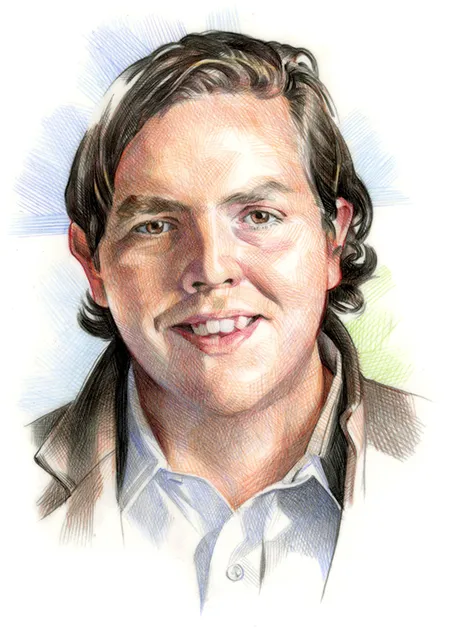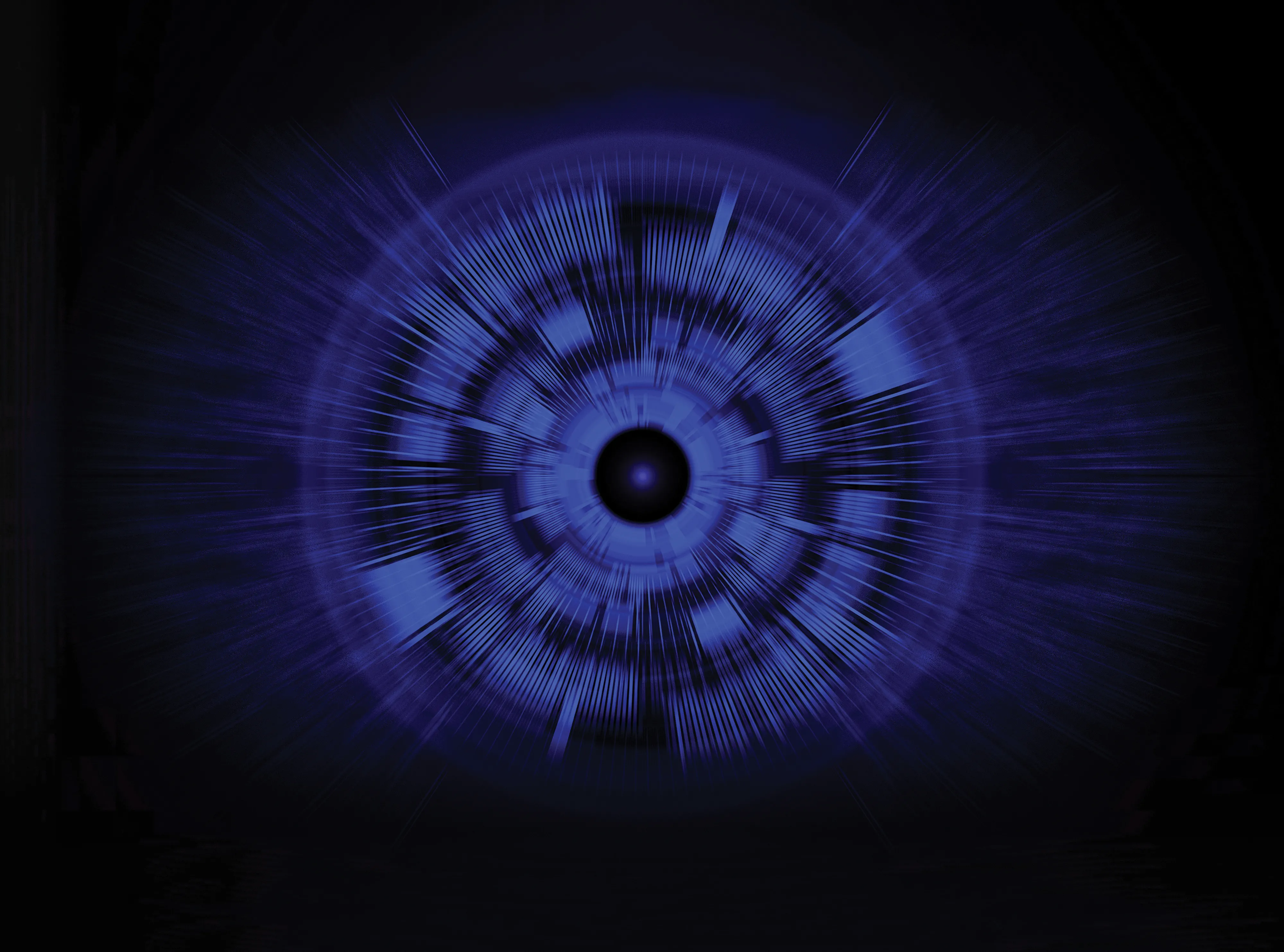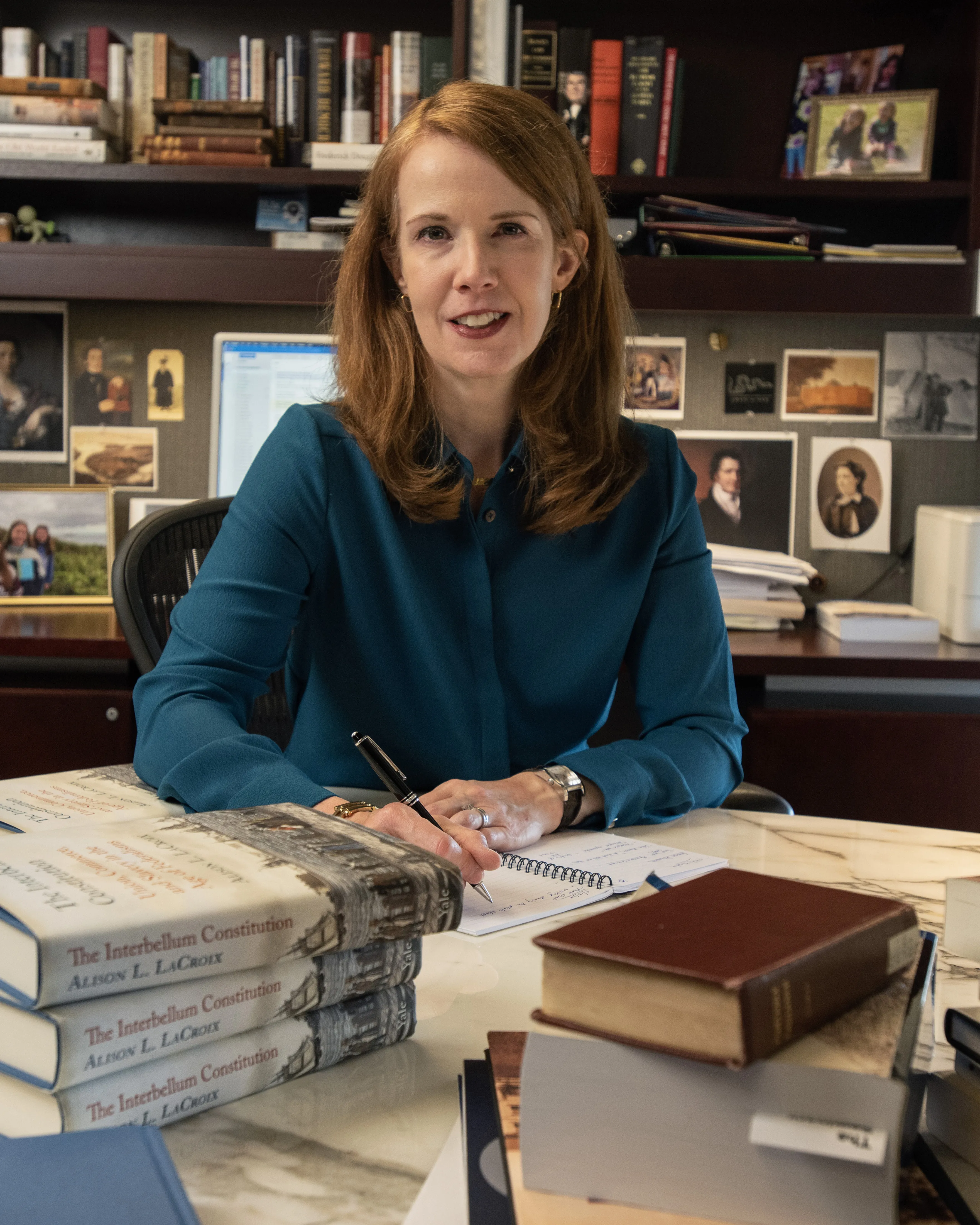Message from the Dean, Record, Fall 2024
Dear Friends,
The range of legal expertise on our faculty is impressively wide. When we admire our faculty’s intellectual breadth, we often think of its many subject areas (from public law to private law), its various legal sources (from the common law to reticulated statutes), or its numerous methodologies (from interpretative techniques to interdisciplinary approaches). Our faculty’s intellectual reach extends beyond these domains. It also spans an astonishing range of time, from the distant past to the far future.
Several of our faculty members carefully delve into the past and uncover important implications for the law today. Professor Alison LaCroix recently published a magnificent book about constitutional development during the Interbellum Period, an era that has often been neglected. Her analysis traces important evolutions in thought about the Constitution during this period and advances a bold argument for how it should inform constitutional interpretation in our day. Last year, Professor William Baude published a ground-breaking article examining the history of Section Three of the Fourteenth Amendment. It sparked a vigorous debate and immediately catalyzed litigation in the US Supreme Court.
Other colleagues are examining how technology is influencing the future of the law. Professors Anthony Casey, Omri Ben-Shahar, and many others are examining the ways in which large language models (LLMs) and other forms of artificial intelligence (AI) will shape (and are shaping) our legal system and the law itself. The technologies that once seemed confined to science fiction have become reality, and our faculty are at the forefront of investigating their legal implications.
The Law School itself has a dual focus on both the past and the future. We recently celebrated the tenth anniversary of the Coase-Sandor Institute for Law and Economics. The institute has fostered an outpouring of scholarship and a global projection of Chicago ideas. Similarly, the Judith Wright Fellowship in the D’Angelo Law Library, a fellowship that salutes the esteemed former director of our law library, marked its tenth anniversary of advancing legal knowledge. As impressive as these milestones are, it is even more exciting to imagine what they will accomplish in the years to come. Also, new additions to our faculty represent the future of the Law School. I am delighted that the Law School welcomed this year two new academic faculty members (Vince Buccola, ’08, and Darrell Miller) and a new professor from practice (William Birdthistle).
Our alumni, too, are linking the past and the future. The lessons and habits of mind they acquired as students enable them to be innovators and leaders in many fields. A notable area of growth in recent years has been professional sports, and it is inspiring that our alumni have been tackling its many novel legal issues, leading its complex organizations, and shaping this dynamic and high-profile sector.
This issue of The Record also embraces the future, debuting some changes without abandoning our best traditions. I hope that whether looking to the past or to the future in this issue of The Record, you will see the Law School’s enduring commitment to bold ideas and outstanding education.
Sincerely,
Thomas J. Miles
Dean and Clifton R. Musser Professor of Law and Economics


